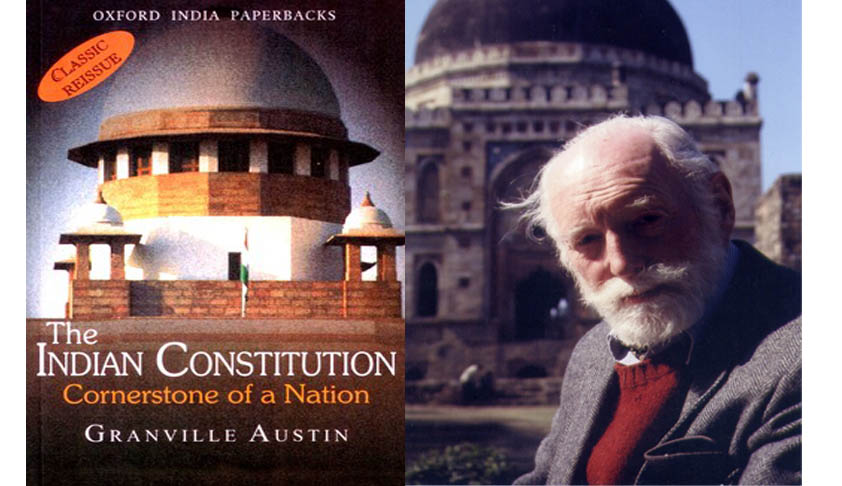US Scholar of Indian Constitution Padma Shri Granville Austin passes away
Apoorva Mandhani
7 July 2014 12:45 PM IST

Next Story
7 July 2014 12:45 PM IST
Independent historian and chief authority on the Indian Constitution, Granville Austin passed away this afternoon in Washington, D.C.Austin studied American literature at Dartmouth College, after which he obtained his directorate in Indian history from Oxford. He describes him as an ‘independent scholar’ having been a fellow or consultant with entities as diverse as the U.S....
